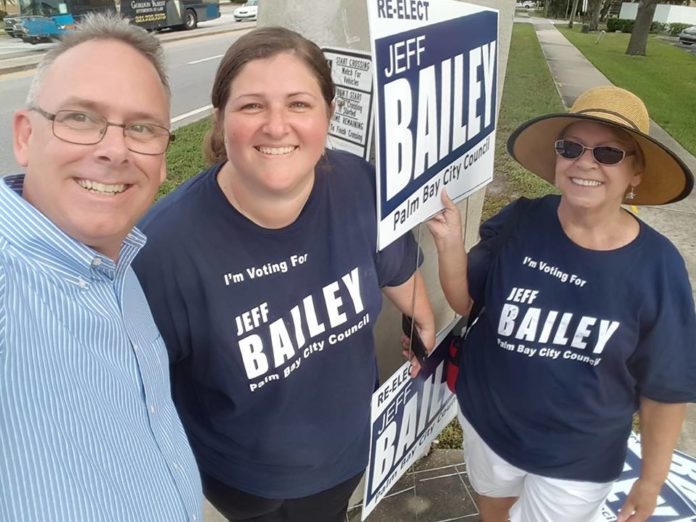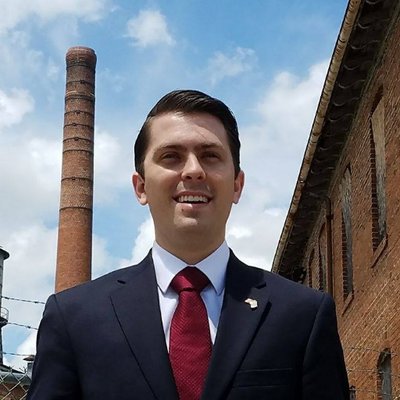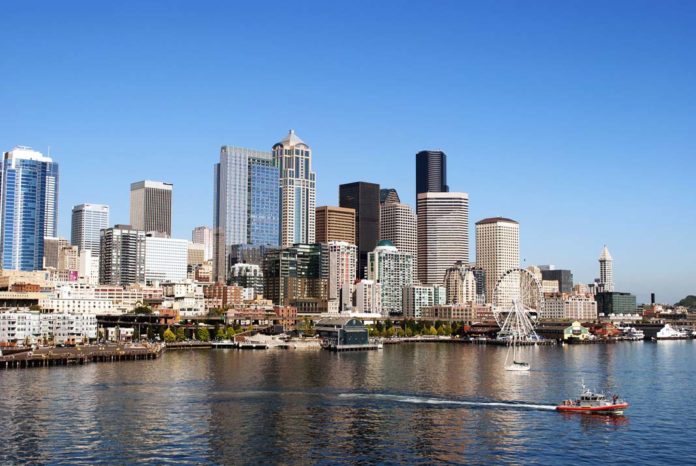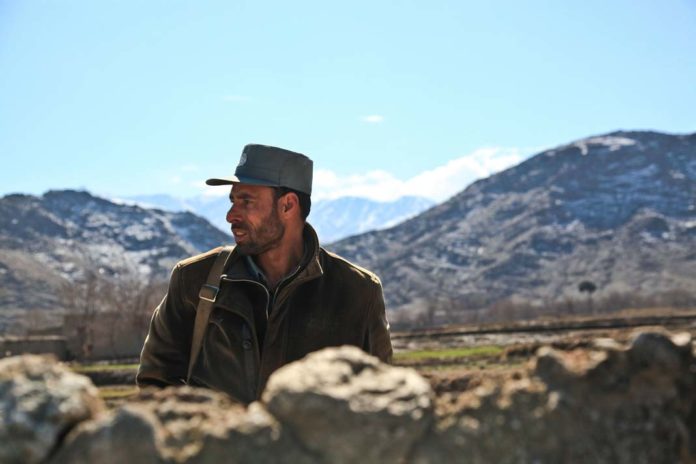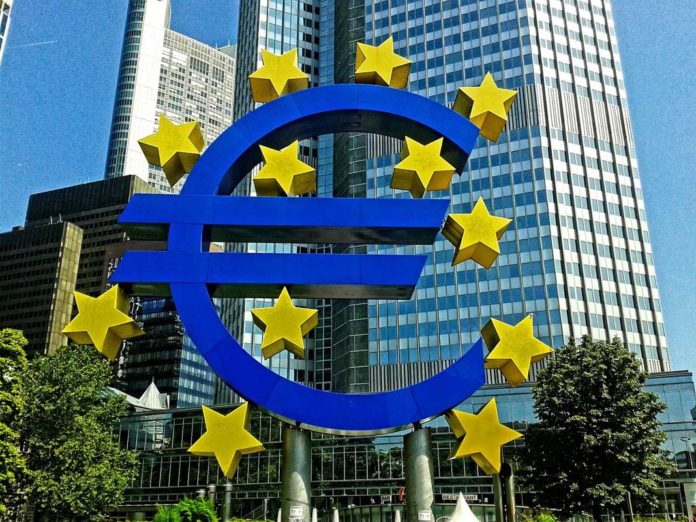Migrants and refugees flooding into Europe have presented European leaders and policymakers with their greatest challenge since the debt crisis. The International Organization for Migration calls Europe the most dangerous destination for irregular migration in the world, and the Mediterranean the world’s most dangerous border crossing.
 Distinguishing migrants from asylum seekers and refugees is not always a clear-cut process, yet it is a crucial designation because these groups are entitled to different levels of assistance and protection under international law.
Distinguishing migrants from asylum seekers and refugees is not always a clear-cut process, yet it is a crucial designation because these groups are entitled to different levels of assistance and protection under international law.
An asylum seeker is defined as a person fleeing persecution or conflict, and therefore seeking international protection under the 1951 Refugee Convention on the Status of Refugees; a refugee is an asylum seeker whose claim has been approved. However, the UN considers migrants fleeing war or persecution to be refugees, even before they officially receive asylum. (Syrian and Eritrean nationals, for example, enjoy prima facie refugee status.) An economic migrant, by contrast, is person whose primary motivation for leaving his or her home country is economic gain. The term migrant is seen as an umbrella term for all three groups. Said another way: all refugees are migrants, but not all migrants are refugees.
Both the burden and the sharing are in the eye of the beholder. I don’t know if any EU country will ever find the equity that is being sought
Migrant detention centers across the continent, including in France, Greece, and Italy have all invited charges of abuse and neglect over the years. Many rights groups contend that a number of these detention centers violate Article III (PDF) of the European Convention on Human Rights, which prohibits inhuman or degrading treatment.
 In contrast, migrants in the richer north and west find comparatively well-run asylum centers and generous resettlement policies. But these harder-to-reach countries often cater to migrants who have the wherewithal to navigate entry-point states with safe air passage with the assistance of smugglers.
In contrast, migrants in the richer north and west find comparatively well-run asylum centers and generous resettlement policies. But these harder-to-reach countries often cater to migrants who have the wherewithal to navigate entry-point states with safe air passage with the assistance of smugglers.
These countries still remain inaccessible to many migrants seeking international protection. As with the sovereign debt crisis, national interests have consistently trumped a common European response to this migrant influx.
Some experts say the block’s increasingly polarized political climate, in which many nationalist, anti-immigrant parties are gaining traction, is partially to blame for the muted humanitarian response from some states. France and Denmark have also cited security concerns as justification for their reluctance in accepting migrants from the Middle East and North Africa, particularly in the wake of the Paris and Copenhagen terrorist shootings.
The backdrop is the difficulty that many European countries have in integrating minorities into the social mainstream”
Underscoring this point, leaders of eastern European states like Hungary, Poland, Slovakia, and the Czech Republic have all recently expressed a strong preference for non-Muslim migrants. In August 2015, Slovakia announced that it would only accept Christian refugees from Syria. While selecting migrants based on religion is in clear violation of the EU’s non-discrimination laws, these leaders have defended their policies by pointing to their own constituencies discomfort with growing Muslim communities.

The recent economic crisis has also spurred a demographic shift across the continent, with citizens of crisis-hit member states migrating to the north and west in record numbers in search of work. Some experts say Germany and Sweden’s open immigration policies also make economic sense, given Europe’s demographic trajectory (PDF) of declining birth rates and ageing populations. Migrants, they argue, could boost Europe’s economies as workers, taxpayers, and consumers, and help shore up its famed social safety nets.
In August 2015, Germany announced that it was suspending Dublin for Syrian asylum seekers, which effectively stopped deportations of Syrians back to their European country of entry. This move by the block’s largest and wealthiest member country was seen as an important gesture of solidarity with entry-point states. However, German Chancellor Angela Merkel also warned that the future of Schengen was at risk unless all EU member states did their part to find a more equitable distribution of migrants.
 Germany reinstated temporary border controls along its border with Austria in September 2015, after receiving an estimated forty thousand migrants over one weekend. Implemented on the eve of an emergency migration summit, this move was seen by many experts as a signal to other member states about the pressing need for an EU-wide quota system. Austria, the Netherlands, and Slovakia soon followed with their own border controls. These developments have been called the greatest blow to Schengen in its twenty-year existence.
Germany reinstated temporary border controls along its border with Austria in September 2015, after receiving an estimated forty thousand migrants over one weekend. Implemented on the eve of an emergency migration summit, this move was seen by many experts as a signal to other member states about the pressing need for an EU-wide quota system. Austria, the Netherlands, and Slovakia soon followed with their own border controls. These developments have been called the greatest blow to Schengen in its twenty-year existence.
In September 2015, the European Commission President Jean-Claude Juncker announced plans to revisit a migrant quota system for the block’s twenty-two participating members.
Some policymakers have called for asylum centers to be built in North Africa and the Middle East to enable refugees to apply for asylum without undertaking perilous journeys across the Mediterranean, as well as cutting down on the number of irregular migrants arriving on European shores. However, critics of this plan argue that the sheer number of applicants expected at such hot spots could further destabilize already fragile states.
Other policies floated by the European Commission include drawing up a common safe-countries list that would help countries expedite asylum applications and, where needed, deportations. Most vulnerable to this procedural change are migrants from the Balkans, which lodged 40 percent of the total asylum applications received by Germany in the first six months of 2015. However, some human rights groups have questioned the methodology used by several countries in drawing up these lists and, more critically, cautioned that such lists could violate asylum seekers rights.
 Local grassroots leader and former candidate for State House District 52 Matt Nye announced his candidacy for Chairman of the Republican Party of Brevard Monday. Nye, who lives in Suntree, is a Committeeman for Precinct 421 and has been an active member of BREC since 2007.
Local grassroots leader and former candidate for State House District 52 Matt Nye announced his candidacy for Chairman of the Republican Party of Brevard Monday. Nye, who lives in Suntree, is a Committeeman for Precinct 421 and has been an active member of BREC since 2007.

